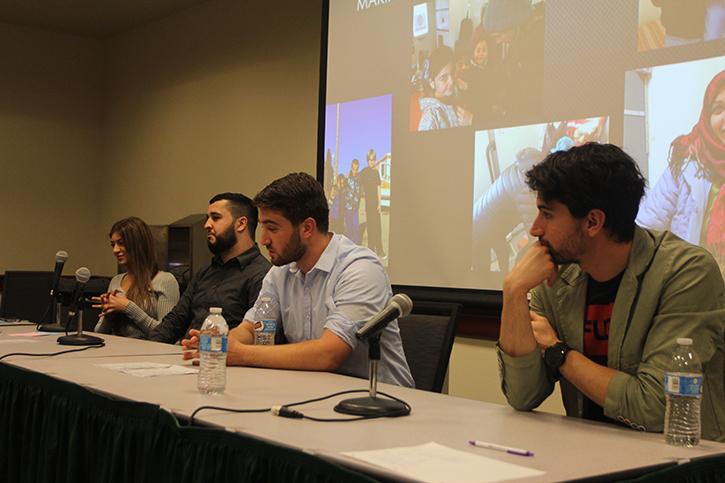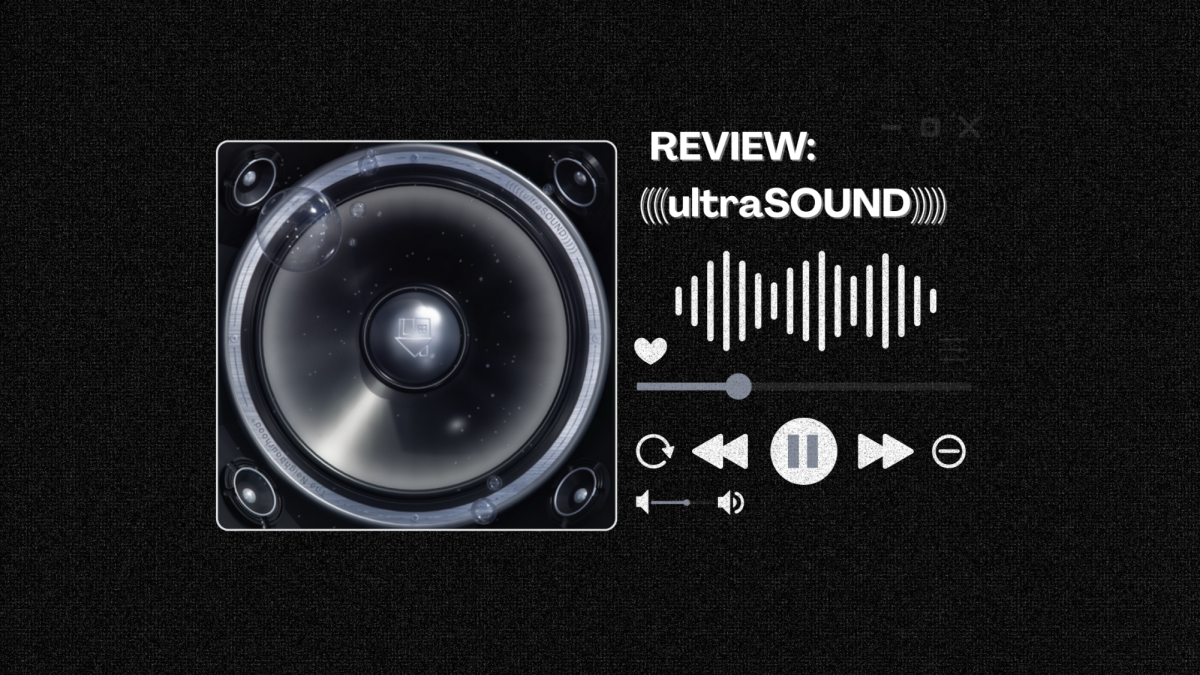Sacramento State’s Students for Justice in Palestine hosted the “Through the Eyes of Refugees” panel in the Union on Tuesday evening.
The panel allowed local volunteers who had traveled to Greece to assist Syrian refugees tell the stories of what they experienced and help increase awareness about the living conditions of those who were forced to flee from their homes.
The panel began with a showing of “No Place Like Hope” — a mini-documentary narrated by Mohammad JD, a trained paramedic and one of the four panelists. The video takes viewers into one the refugee camps that JD worked in and gives a first-hand look at the daily struggles the occupants went through.
JD elaborated on his video and told the story of a 5-year-old boy and his father. The boy was sick and needed medical attention because of his inability to eat, walk or even speak.
Eventually, the boy was noticed by the Switzerland’s Ministry of Health and was able to receive the help he needed.
“I had been with this boy for 47 days, and this was the first time I saw him smile,” JD said. “It was like he knew he and his family were in a better place.”
The second speaker, Noor Mashal, spoke of her parents and their struggles as refugees fleeing Palestine and Kuwait, and explained why helping refugees in Syria meant so much to her.
“I’ve always been exposed to the crisis and always wanted to do something,” Mashal said.
Mashal began helping when she was 15 years old. She mentored immigrant children who needed help in school, including kids who were the same age as her and in her class.
When she turned 16, Mashal began working with Refugee Information & Health Azimuth (RIHLA), and by the time she was 19, it presented her with a research opportunity that would allow her to explore the correlation between trauma and diabetes. She took this research and surveyed it in the camps during her first visit in 2015.
She has now been overseas seven times and has facilitated the sponsorships of children and families and has also helped establish the “The Zein School” — a school named after her late cousin that provides a place for fun and learning to the younger children in the camps.
Hemza Salem and Riad Morrar, both Students at Sac State, then told of their time in Greece from December and January.
“When we got there, there were about 60 or 70 people, and the tents were back to back,” Salem said. “We weren’t even allowed to go in to help, but you really can’t follow every rule, can you?”
While Salem and Morrar weren’t able to provide medical care on their own, they assisted doctors who made the trip and needed help with the patients.
“I personally thought I was going to go out there and help all of these people and pat myself on the back,” Morrar said. “But I realized that we weren’t just benefitting them. They were teaching us valuable life lessons and invaluable skills.”
As the panel came to a close, the speakers said how important it was for anyone with the ability to give back to do so, and that refugees who have fled Syria need help.
“There was a man waiting to see a doctor and he looked exactly like my father,” JD said. “Same height, weight, bone structure, everything. Everything except for his eyes — and it reminded me that this could’ve happened to any one of us.”
UPDATE: Wednesday, April 6 at 10:07 a.m. — This story has been corrected to reflect that Salem aided Syrian refugees in Greece, not in Syria, and that Salem had prior medical training prior to his trip there.































































































































